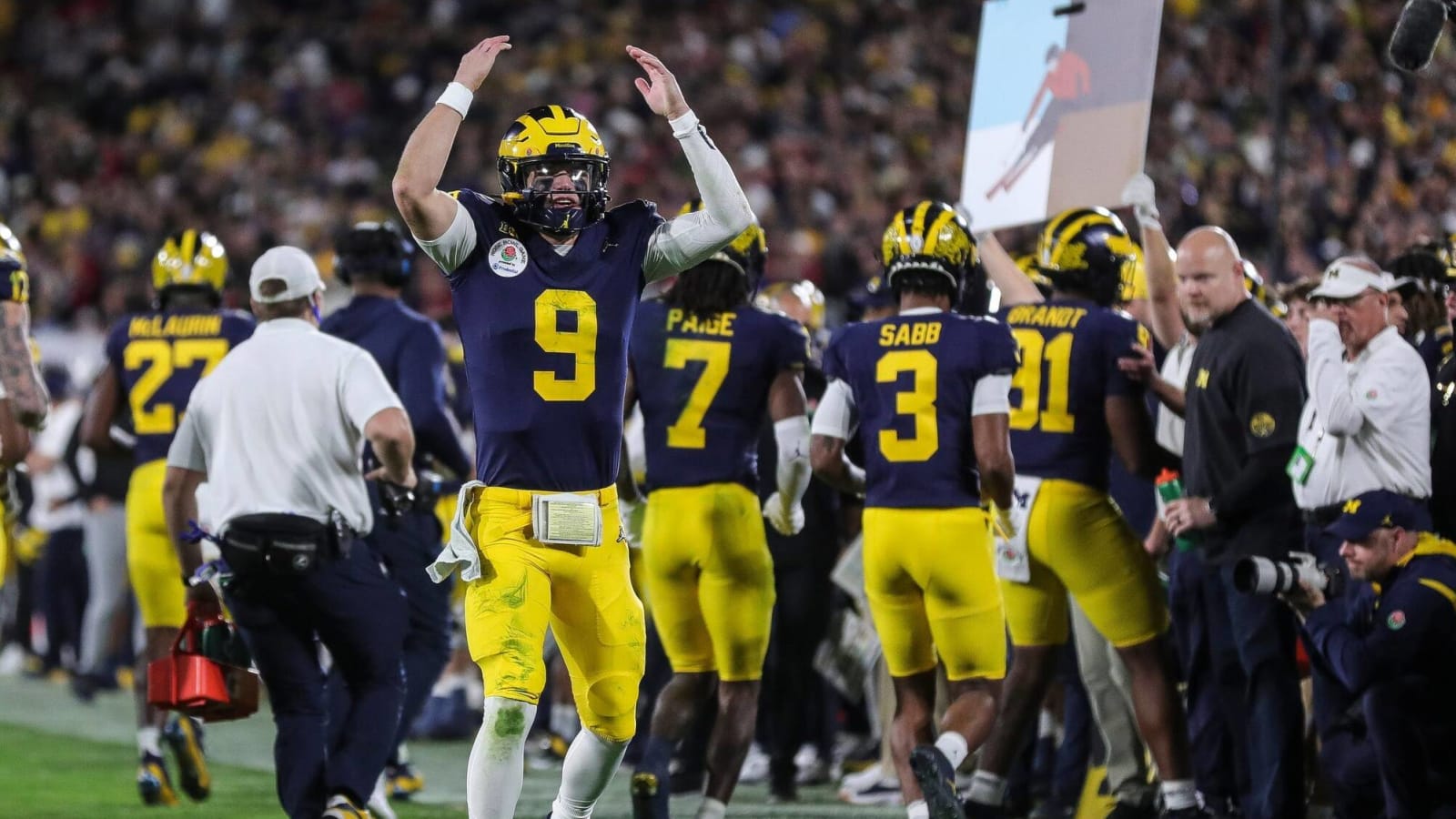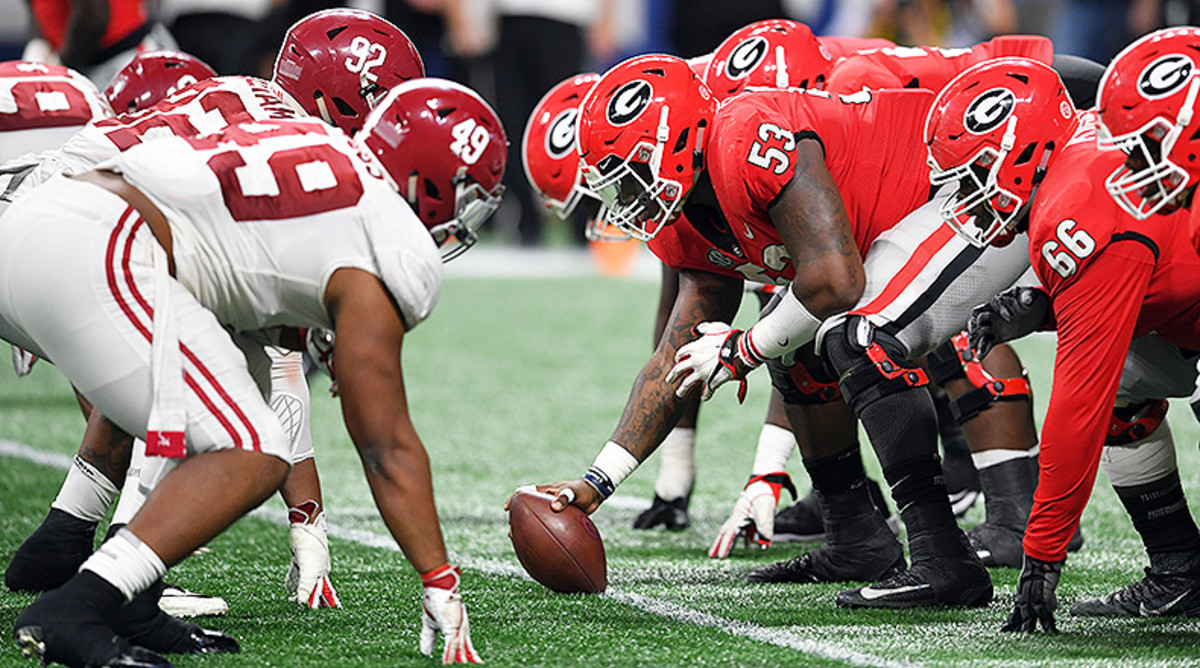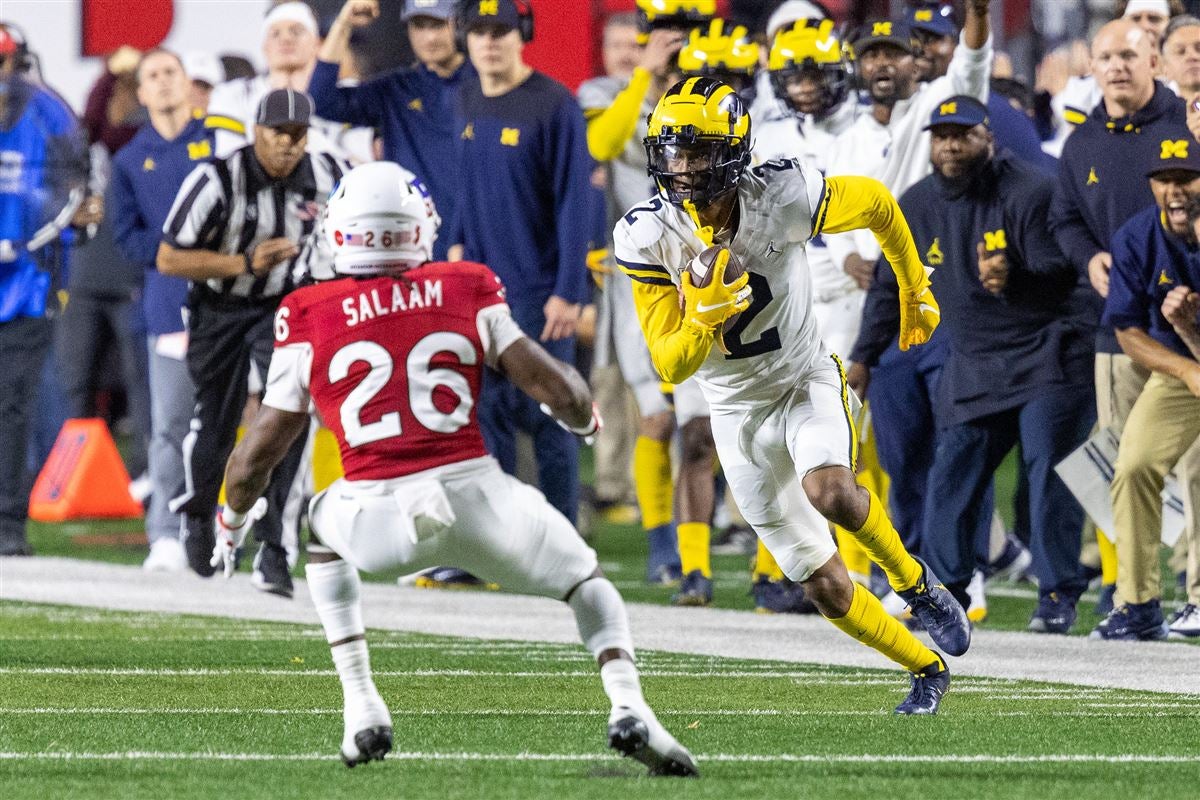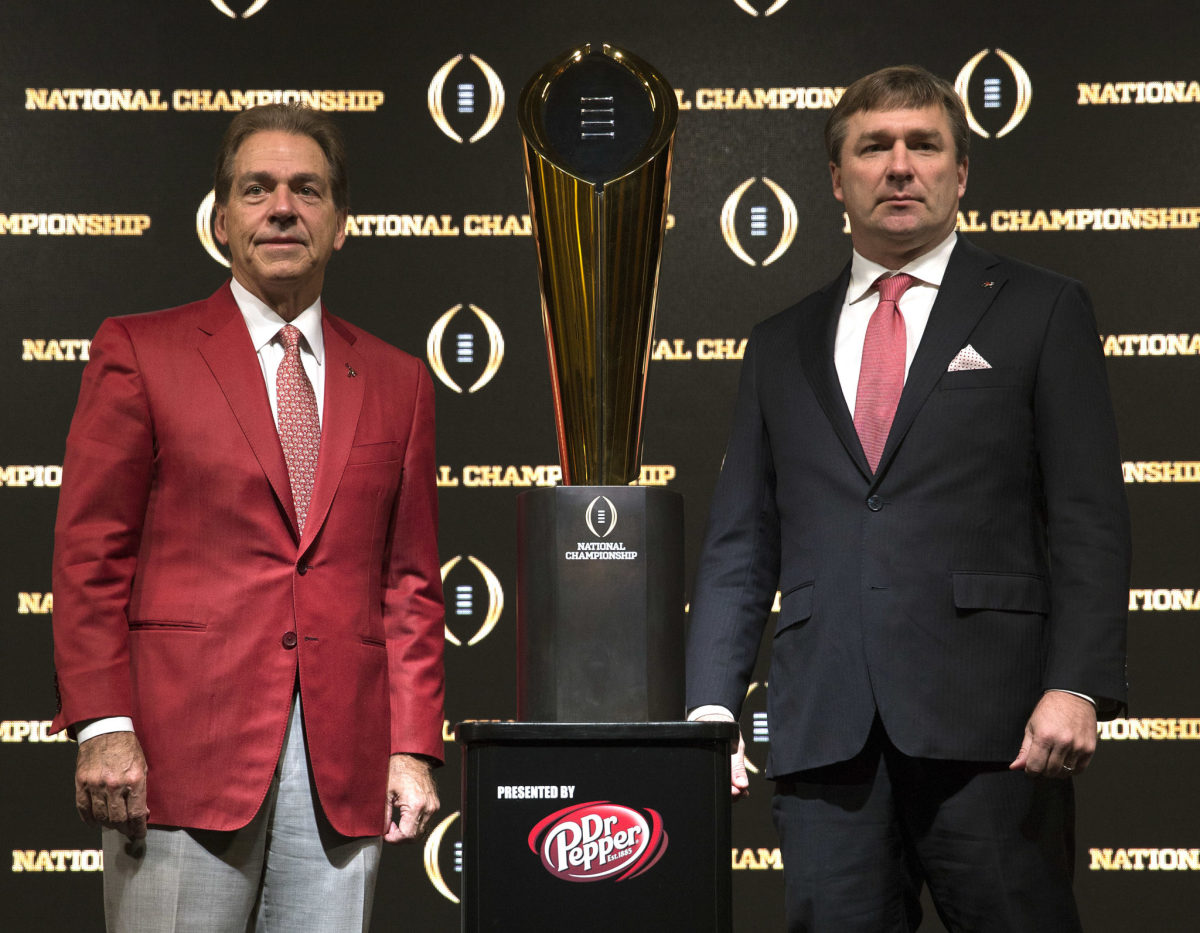The Future of College Sports: Why the Recent NCAA Settlement Falls Short

The recent NCAA settlement in House v. NCAA fell short of what many had hoped for, with the organization avoiding bankruptcy and continuing on its current path. The idea of the NCAA being "too big to fail" seems to have played a significant role in this outcome, leaving college athletics in a state of flux.
The settlement, while touted as a step forward, really just prolongs the inevitable need for real reform in college sports. The issues of an unregulated NIL marketplace, unrestricted player transfers, and imbalances between larger and smaller programs remain unaddressed.
Under the settlement, schools may choose to allocate a portion of their revenue to purchase the NIL rights of athletes, but this is merely a band-aid solution that doesn't address the core problems at hand.
The fear of destabilizing college athletics by dismantling the NCAA is short-sighted. There are feasible alternatives that could fill the void left by the NCAA, allowing for a more equitable and sustainable system for athletes and universities alike.
As we look towards the future of college sports, it's crucial to implement clear, enforceable rules around NIL, establish limitations on the transfer portal, introduce collective bargaining for student-athletes, and rationalize the college football playoff structure.
A potential solution could involve creating a Professional College Athletics (PCA) division for revenue sports, operating under a model similar to successful professional sports leagues. This would allow for direct payment of players, NIL deals, and more while maintaining an Amateur College Athletics (ACA) division for non-revenue sports.
The NCAA's reluctance towards considering such a spinoff or a "Super League" for Power Five football shows a resistance to change. However, with the current settlement only lasting until 2034, there may be an opportunity on the horizon for a new era in college sports.
Ultimately, genuine reform is necessary to ensure a fair and sustainable future for college athletics. Players, universities, and fans deserve a system that prioritizes equity and integrity over self-preservation.
Joe Moglia is a former chairman and CEO of TD Ameritrade and currently executive advisor to the president at Coastal Carolina University, where he previously served as head football coach.



